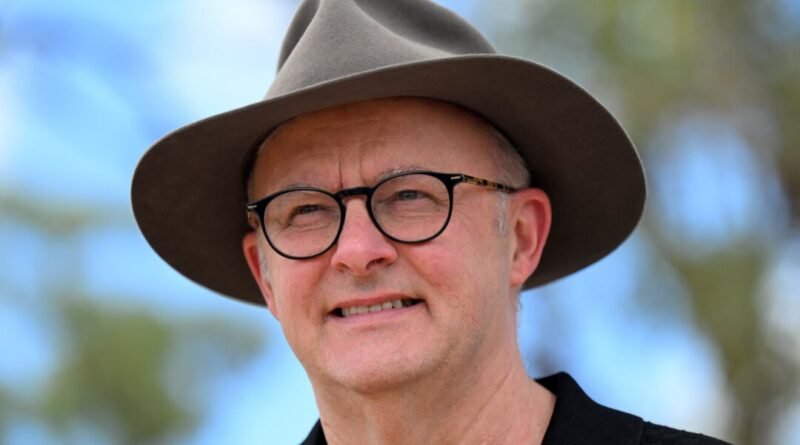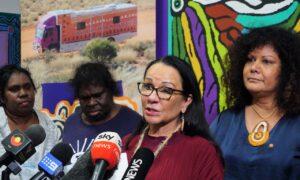Advocates of the Uluru Statement urge Prime Minister to continue supporting Treaty and Truth-Telling efforts
Prime Minister Anthony Albanese has heard from some communities not to walk away from truth-telling and treaty processes after speaking at Australia’s largest Indigenous cultural festival in the Northern Territory.
Albanese welcomed treaty and truth-telling efforts on a state and territory level during his speech at Garma, in northeast Arnhem Land, but did not say whether the federal government would undertake either process.
“Surely no one is against the fact that there’s been a struggle and surely no one is against that people should come together after there’s been a struggle,” he said.
“We’ll continue to engage in good faith with leaders and communities to decide what the steps should be at a national level.”
Former voice referendum Yes23 campaign manager Dean Parkin said the government should not backslide on its commitments to truth-telling and treaty.
“We’re talking about a thing that would oversee, as the Uluru Statement says, the process of agreement-making between First Nations and truth-telling about our history,” he said.
“If we start talking about it as a concept it gets left open to whatever it may be.”
The Greens accused the government of “all but abandoning” the Uluru Statement from the Heart.
“It’s clear the prime minister is walking away from truth and treaty,” Senator Dorinda Cox said.
“Despite Labor previously committing to implement the Uluru Statement in full, today Anthony Albanese treated it like the elephant in the room, saying let’s leave it to the states and territories.”
Albanese also announced partnerships with the Coalition of Peaks, aimed at economic empowerment for Indigenous people, and with the First Nations Heritage Protection Alliance, to connect First Nations communities with companies and investors, during his Garma address.
National Native Title Council chief executive Jamie Lowe welcomed the partnerships and said better processes and relationships were good for Indigenous communities.
“We all know there is immense opportunity on the horizon for First Nations communities, particularly as part of the clean energy transition,” he said.
“But we want to learn from the First Nations experience with development to date to ensure we share in the economic benefits that will flow.
“In addition to the economic benefits, we also want to see protection of our rights and interests along the way.”





